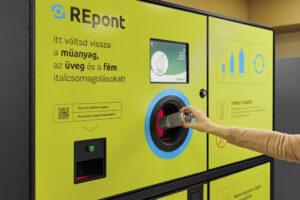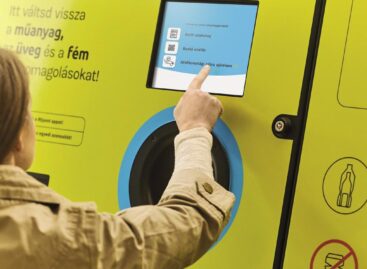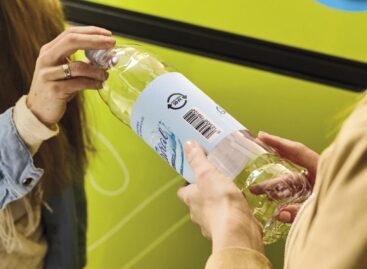Mohu’s bottle return role in jeopardy due to a new EU regulation
According to a new European Union regulation, from 2029, only non-profit organizations will be allowed to operate a take-back system for beverage packaging, which could seriously jeopardize the position of the current domestic system operator, the for-profit Mohu Zrt., which belongs to the Mol Group, VG reported following Szabad Európa.
 EU Regulation 2025/40 on take-back fee systems applies not only to glass, but also to metal and plastic beverage packaging. According to the regulation, the sole task of operators of such systems may be to coordinate the take-back system, they may not engage in any other economic activity, and they must have non-profit status. Domestic practice differs from this: in Hungary, the for-profit Mohu currently carries out bottle take-back as part of the waste concession system.
EU Regulation 2025/40 on take-back fee systems applies not only to glass, but also to metal and plastic beverage packaging. According to the regulation, the sole task of operators of such systems may be to coordinate the take-back system, they may not engage in any other economic activity, and they must have non-profit status. Domestic practice differs from this: in Hungary, the for-profit Mohu currently carries out bottle take-back as part of the waste concession system.
However, the regulation allows for exceptions: if a member state already has a return system in place and the glass return rate reaches 90 percent, the operator in question can continue to perform the task, regardless of whether it is profit-oriented.
According to Free Europe, it is questionable whether Mohu can reach this level. According to the estimate of the IFUA Horváth & Partners consulting firm cited by the portal, the glass return rate in 2024 was 48 percent, which is expected to increase to 77 percent this year. However, Mohu sees the situation more optimistically: according to their statement, they have so far redeemed more than two billion bottles, and this year’s monthly return rate already exceeds 80 percent, so they believe there is no obstacle to reaching the required 90 percent rate by 2029.
Behind the debate lies not only a legal issue, but also market interest. Free Europe also draws attention to the fact that it is economically more advantageous for the listed Mol to return as few bottles as possible, since the return fee is only released from the system if the customer actually returns the beverage packaging.
The regulation imposes strict minimum requirements on system operators, including transparent governance, a reporting system, equal access between economic operators, adequate recycling infrastructure and the possibility of return for consumers.
The next few years will be crucial for Mohu: if they manage to maintain and further improve the return rates, they may even remain at the top of the system – but if they do not meet the 90 percent threshold, they will have to hand over the activity to a non-profit player from 2029.
Related news
MOHU Budapest: the usual waste collection schedule will be in place on the last day of the year and the first day of the new year
🎧 Hallgasd a cikket: Lejátszás Szünet Folytatás Leállítás Nyelv: Auto…
Read more >Related news
40 secure jobs, sustainable solutions – new BURGER KING® in Csepel
🎧 Hallgasd a cikket: Lejátszás Szünet Folytatás Leállítás Nyelv: Auto…
Read more >








